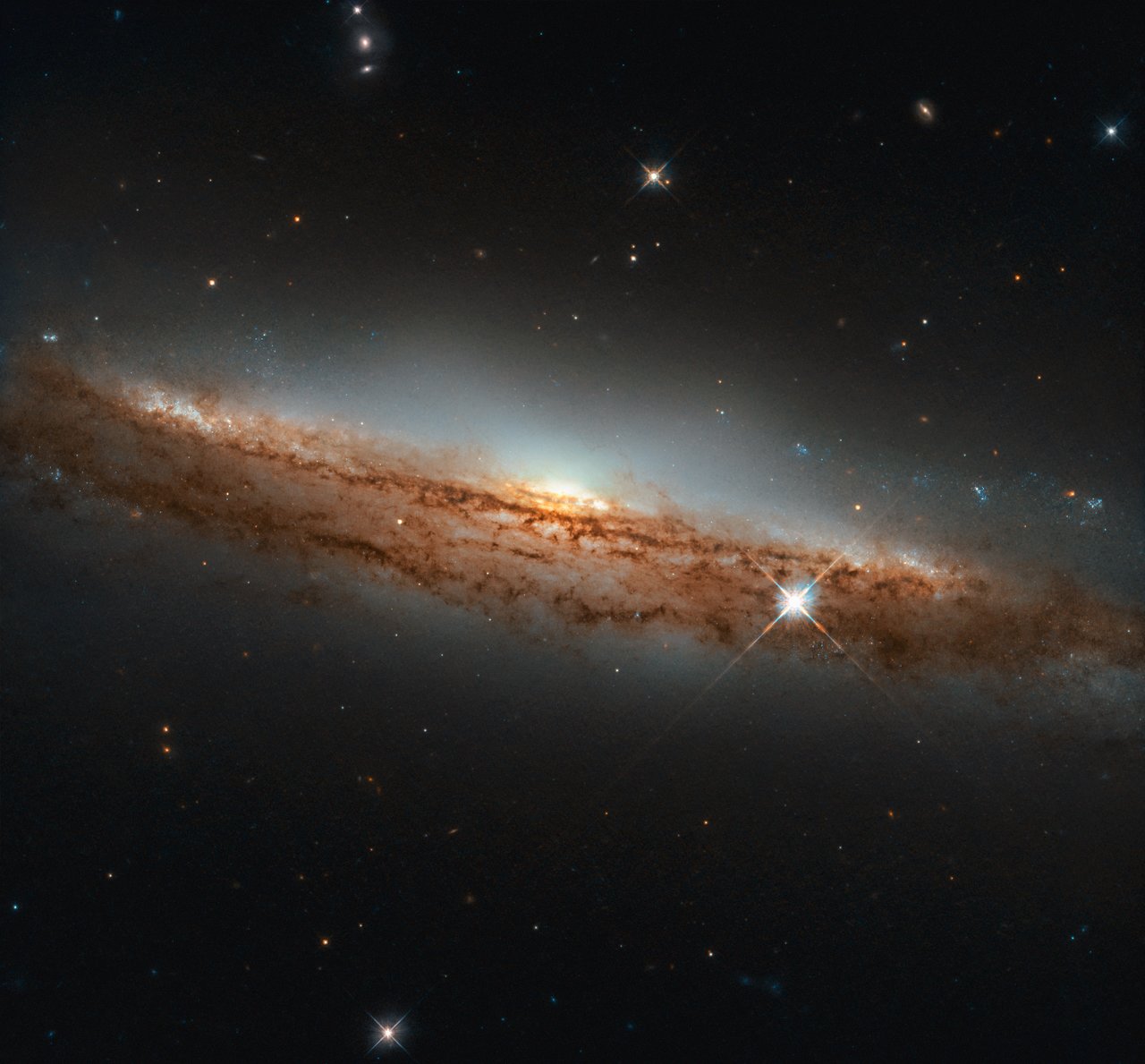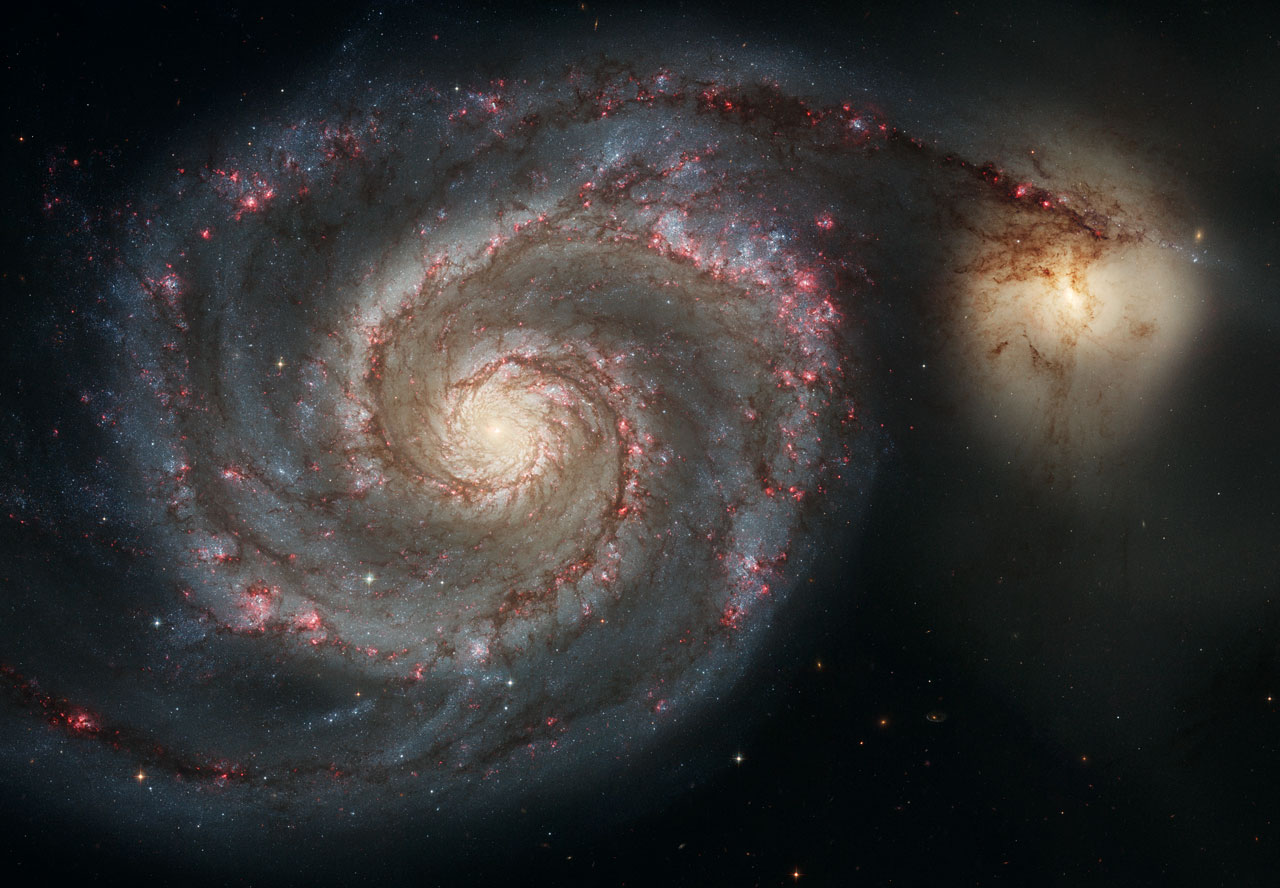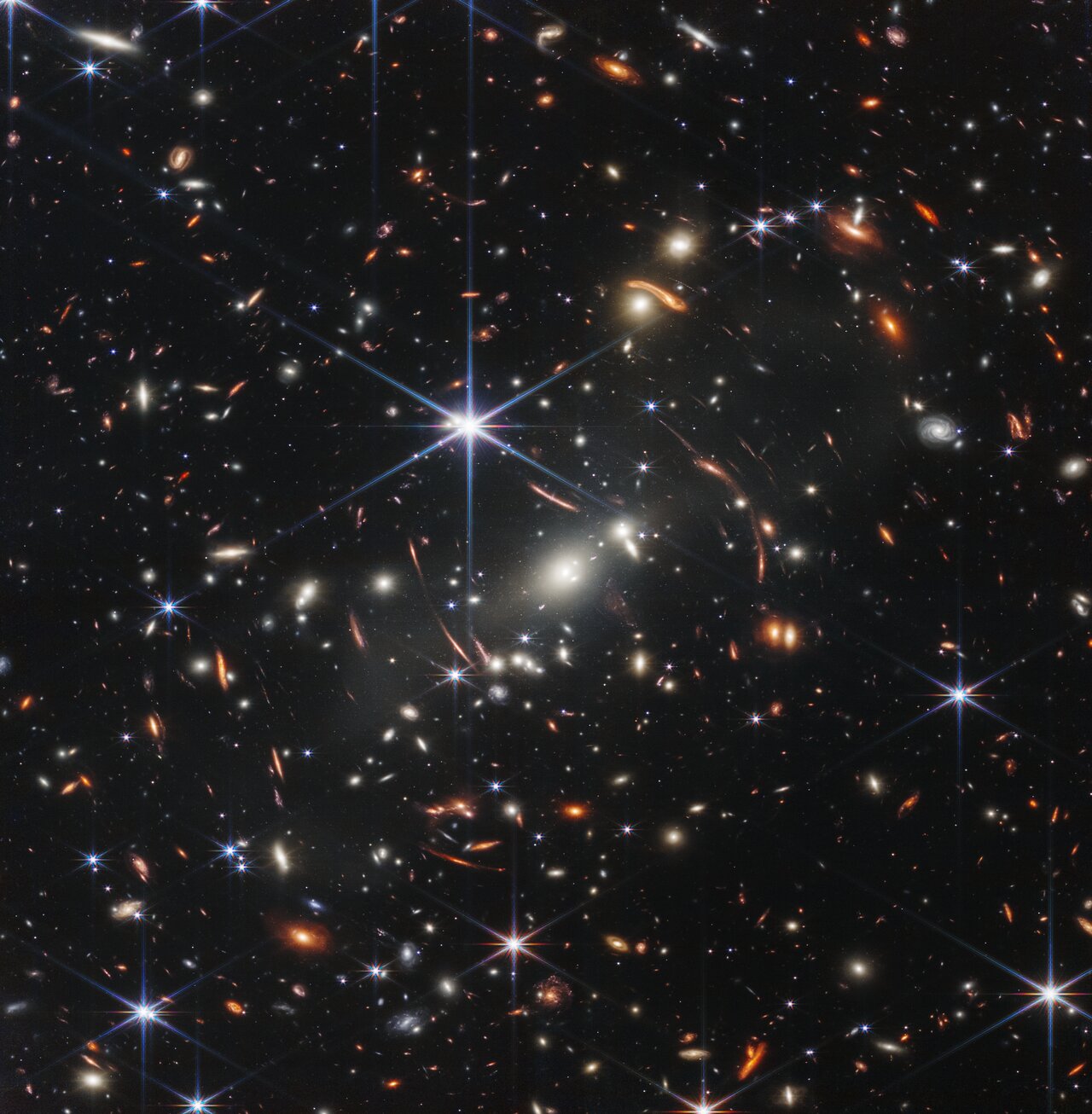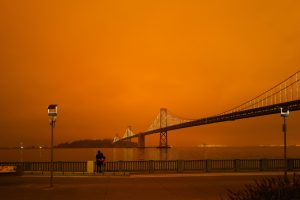There are lots of things I would like to write about today. Our lives are busy right now, in a variety of ways, all of them pretty positive. I have professional stuff going on, personal stuff going on. I could write about all of it.
But Los Angeles is on fire. I’m writing this as the weekend approaches. Maybe — MAYBE — by the time you read this, the fires will be under control. But I doubt it. The photographs of damage on the ground are horrendous. The satellite imagery — before and after shots of neighborhoods and towns — is terrifying. The pictures posted overnight of the fires as seen from airplanes on approach to LAX look like something out of a disaster movie.
I don’t live in California (not anymore, but I once did; I love the state), but I have family and friends who do, people I love who have been impacted directly by this mind-boggling tragedy. Chances are, you do, too. Or if not you, then someone close to you does.
That’s the thing about climate change. It touches all of us. We don’t have to be in the path of the latest Category 5 hurricane, or impacted by yet another drought, or threatened by apocalyptic fires, for its impacts to reach us. It’s not all cataclysm and news headlines. It’s higher grocery prices resulting from crop damage (storms, heat, frost, drought, flood — take your pick). It’s stronger winds resulting from greater temperature gradients, which lead in turn to harder headwinds when we fly, or more turbulence, and yes, greater, more frequent delays at the airport.
It’s hotter summers and milder winters. It’s also more storms year-round, except, of course, during droughts. It’s more mosquitoes and ticks. It’s less snow for ski resorts. It’s vanishing glaciers in our beautiful national parks. It’s more mass extinctions, falling bird populations (30% of North American birds have been lost in the last fifty years, not all because of climate change, but it’s a significant factor), and frightening losses in the populations of our natural pollinators.
It’s greater strains on our electrical grid, more blackouts, a greater need for frequent rolling power outages, all of which contribute to higher utility costs. It’s increased insurance premiums, as insurance companies race to recoup the losses caused by the aforementioned floods and fires and storms.
Climate change is a thousand different things. Some cause inconveniences and cost us a few bucks. Some cause deaths, disease, injuries, and cost our society billions.
“We don’t get as much snow as we used to.”
“There are more storms than there used to be.”
“Glacier National Park won’t have glaciers for much longer.”
“Los Angeles is on fire.”
It’s not a hoax. It’s not a left-wing plot to grow government and control our lives. It’s not a figment of some scientists’ imaginations. It’s real. It’s borne out in evidence gathered by meteorologists, physicists, biologists, ecologists, and historians. It is a threat to our economy, our way of life, and the health and welfare of every person on the planet, as well as our children and grandchildren.
If you don’t believe me, that’s your problem. The proof is in all that our planet has experienced over the past half century and more. Refusing to acknowledge the truth of climate change does nothing to slow it down or mitigate its myriad costs. All it does is ensure that future generations will pay an ever greater price for our failures.
But if you still don’t believe me, take five minutes — five full minutes — to look at the images coming out of Southern California. I guarantee, you’ve never seen anything like it. None of us has. We will see it again, though. Sooner rather than later, with ever-increasing frequency.
As to the suggestion made by some Republicans, including the Felon-elect, that California should be denied disaster aid because Democratic Governor Gavin Newsom has mismanaged the state’s water resources, I will simply refer you to this article from the BBC: https://www.bbc.com/news/articles/czj3yk90kpyo
Not only are GOP claims baseless, they are deeply cruel. Denying aid to the state won’t hurt Newsom. It will hurt innocent people who have lost their homes and businesses. And if blame for this travesty falls on anyone, it ought to be those who have spent the last three decades denying that climate change is real, the political Neros who pander to the fossil fuel industry while the planet burns.
Climate change is here. It’s merciless and indiscriminate. You can see its impact on your televisions and computer screens and smart phones right now. And it’s only getting worse.









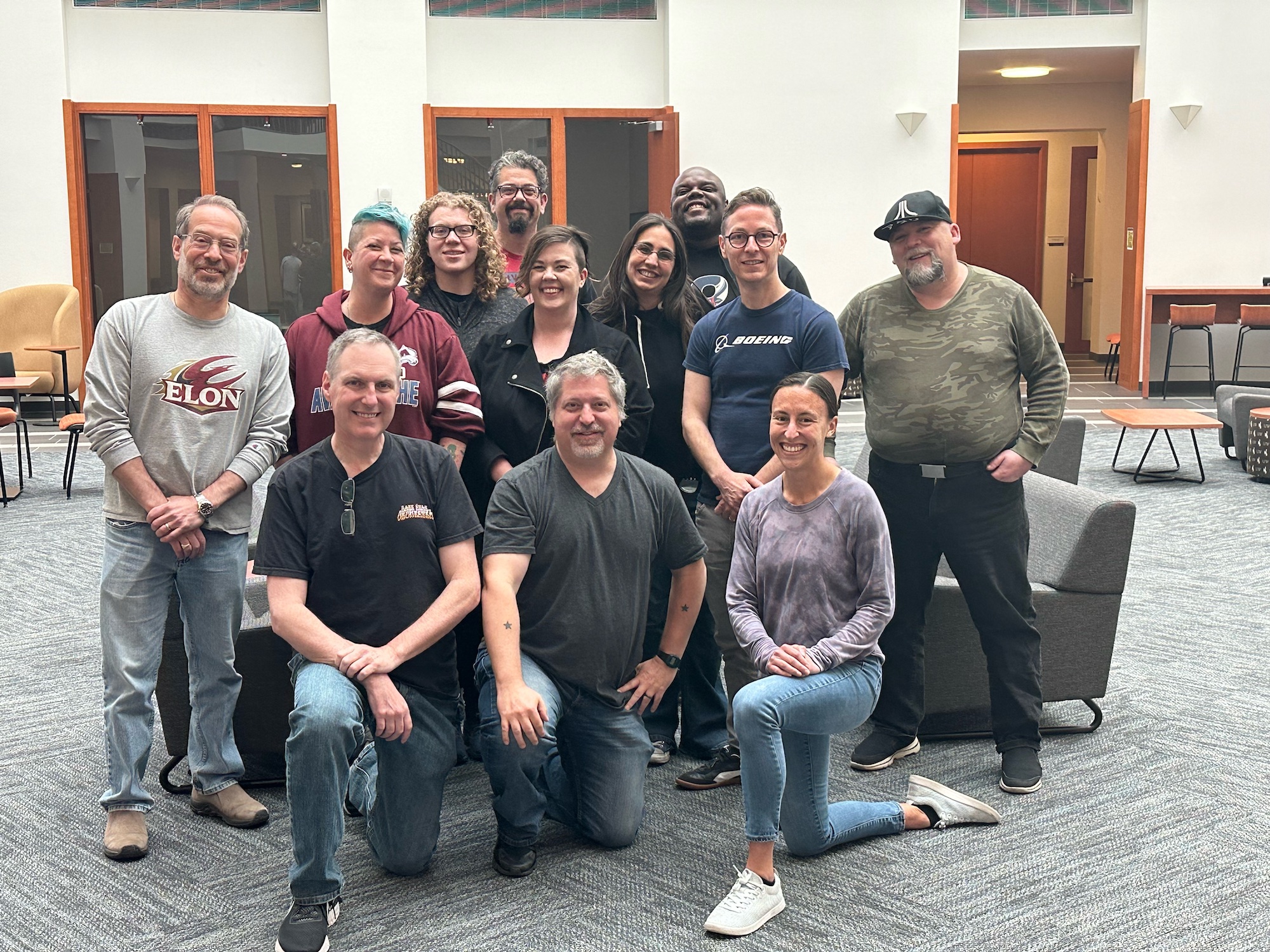 I applied for the workshop back in March, and was fortunate to be accepted along with a group of eight other writers, all of them intelligent, inquisitive, totally engaged, and eager to learn. It was an amazing week, filled with fascinating lectures, wide-ranging discussions, and very cool demonstrations. We learned a ton, laughed even more, and benefitted from the awesome knowledge and enthusiasm of our three teachers. The weather in Wyoming was a bit uncooperative, denying us the opportunity to spend an evening looking through telescopes, but otherwise the week was all we could have hoped for.
I applied for the workshop back in March, and was fortunate to be accepted along with a group of eight other writers, all of them intelligent, inquisitive, totally engaged, and eager to learn. It was an amazing week, filled with fascinating lectures, wide-ranging discussions, and very cool demonstrations. We learned a ton, laughed even more, and benefitted from the awesome knowledge and enthusiasm of our three teachers. The weather in Wyoming was a bit uncooperative, denying us the opportunity to spend an evening looking through telescopes, but otherwise the week was all we could have hoped for.